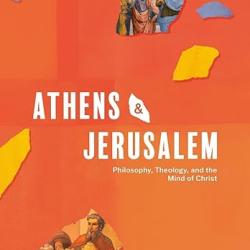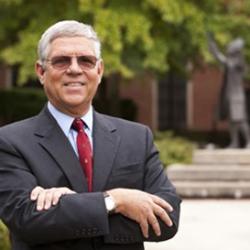The Latin phrase ‘ars longa, vita brevis’– art is long but life is short is a maxim that especially came true during the Renaissance when artists such as Raphael, Michelangelo, and Da Vinci, all of whom professed to be Christians, began to offer art that emphasized the full humanity of their subjects (cf. e.g. Michelangelo’s David). The Renaissance had arrived and with it various Greek scholars who had moved from a dying Byzantium to Rome and elsewhere in Italy. And... Read more













